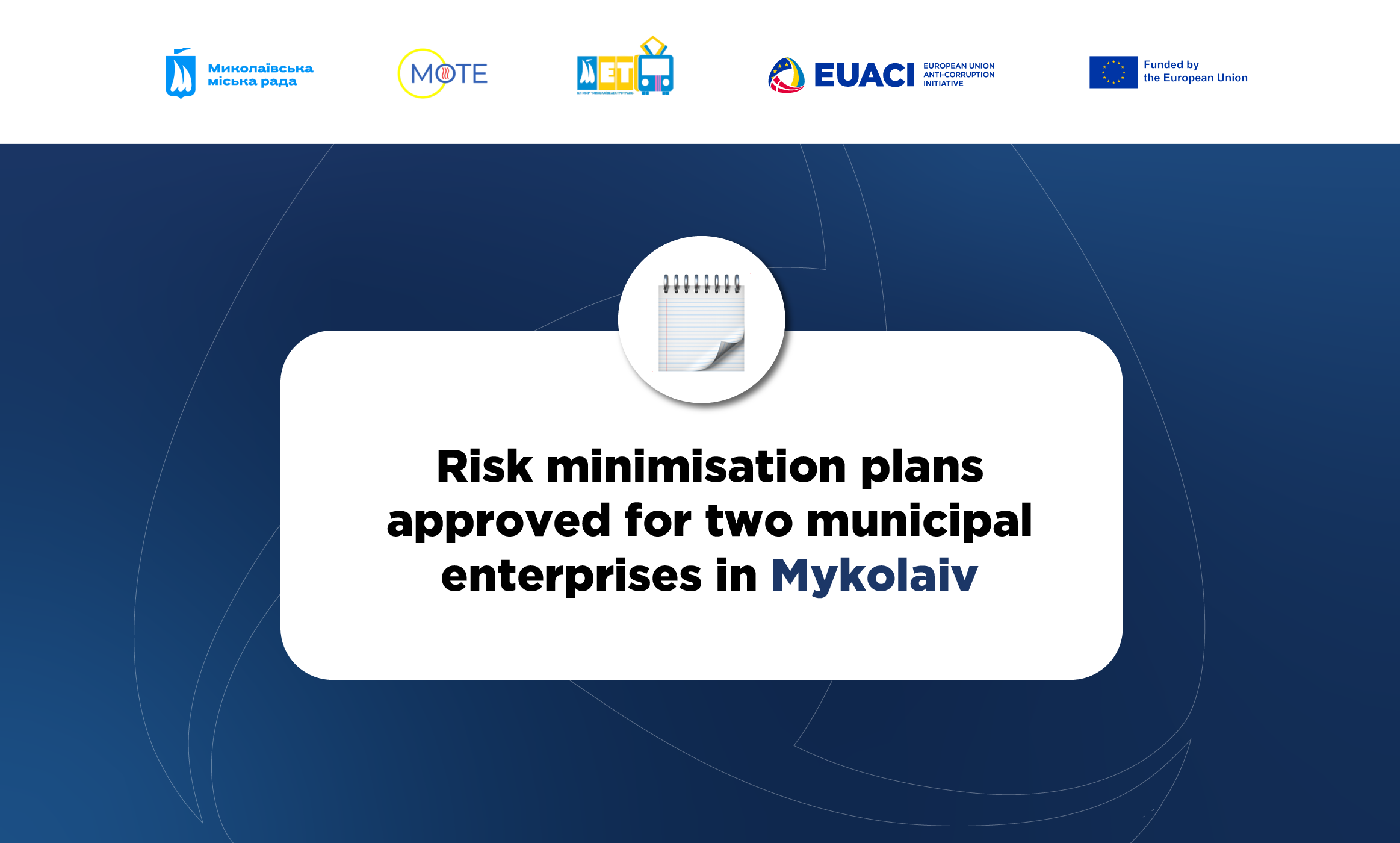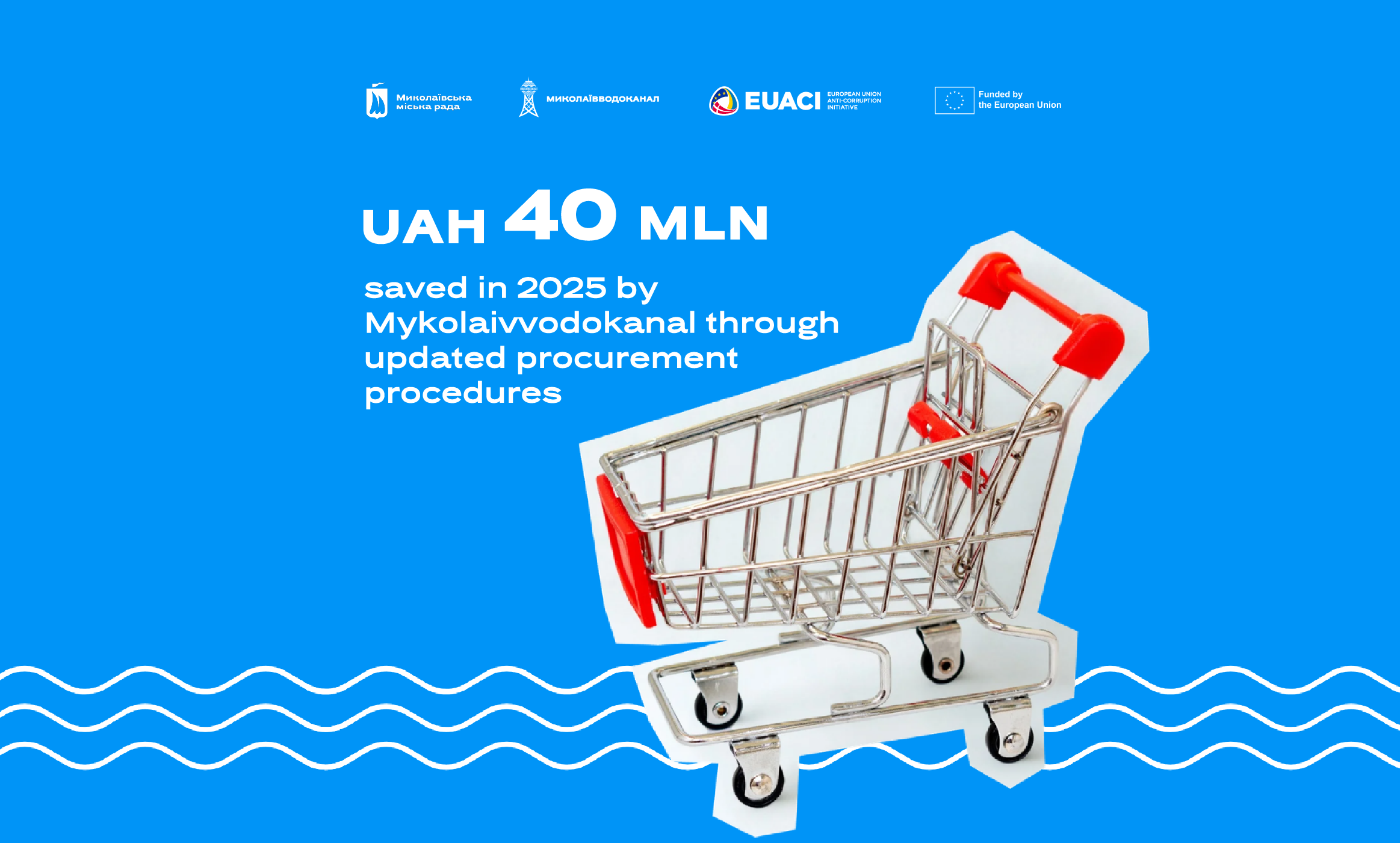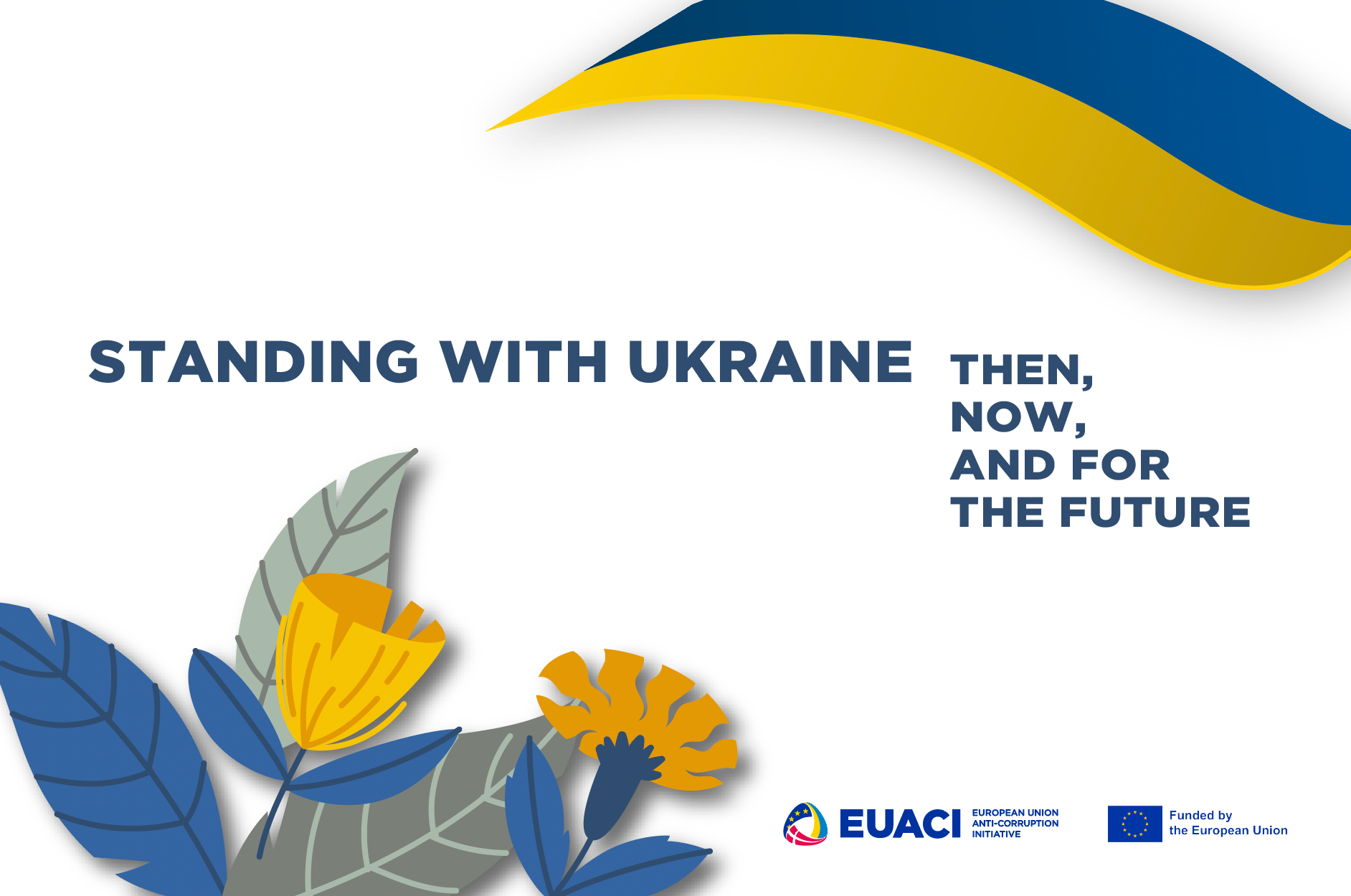The recovery of Ukraine’s energy sector is a critical task with far-reaching implications for the overall success of Ukraine’s recovery. On 10 August, the EU Anti-Corruption Initiative (EUACI) together with Ukraine’s Reform Delivery Office organized the roundtable “Transparency of the Recovery of Ukraine’s Energy Sector: Lessons from International and Local Perspectives”. During the event, the results of research on minimizing the risks of corruption in the recovery of the energy sector were presented.

“The intention behind this work was to build on the National Recovery Plan and prepare a short policy brief on the energy sector and integrity in the recovery process. And we asked the experts of Dixi Group and U4 to help. Dixi Group contributed with the Ukrainian context and U4 with international experience. They joined forces and complemented each other and the result is both interesting and thought-provoking” — emphasized Allan Pagh Kristensen, the Head of the EUACI.
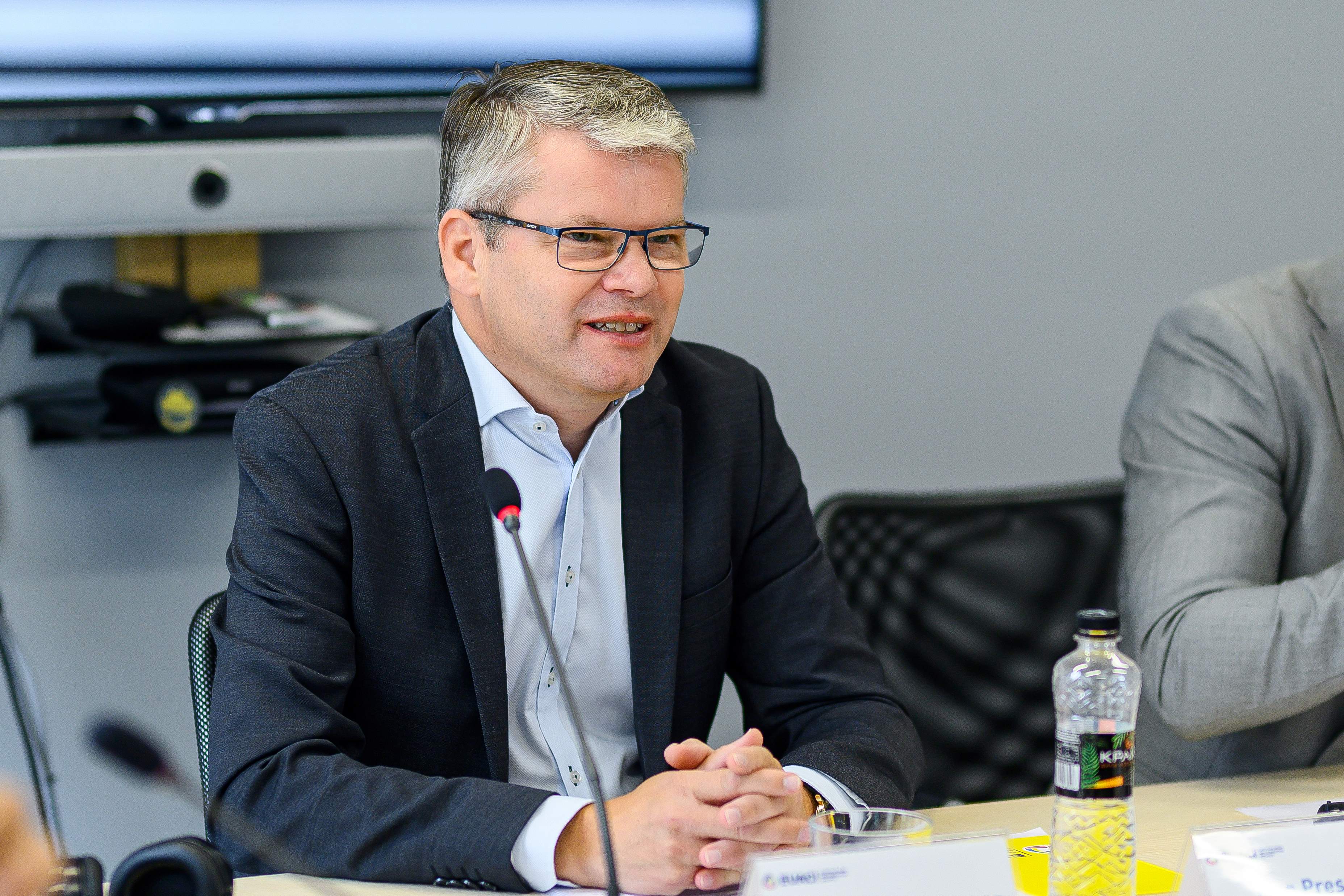
Maryna Denysiuk, the Senior Project Manager at the Reforms Delivery Office under the Cabinet of Ministers of Ukraine, shared her vision of the successive steps in the process of recovering the energy infrastructure.
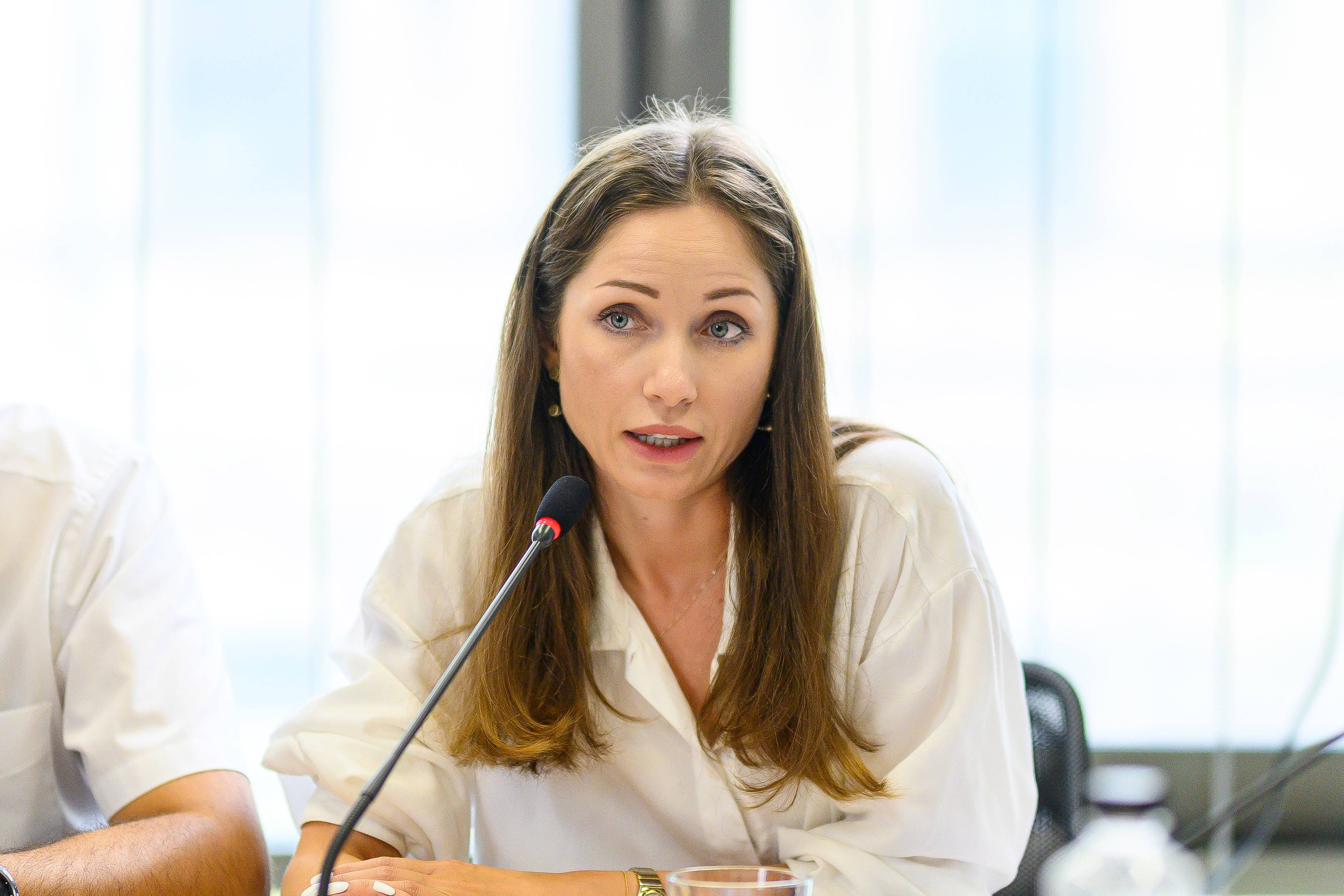
“What needs to be focused on, in the short term, is corporate governance, maximum privatization of these facilities with reduced budget expenditures, and corporatization of energy companies to cover their needs and ensure their independent procurement and recovery of the system.”
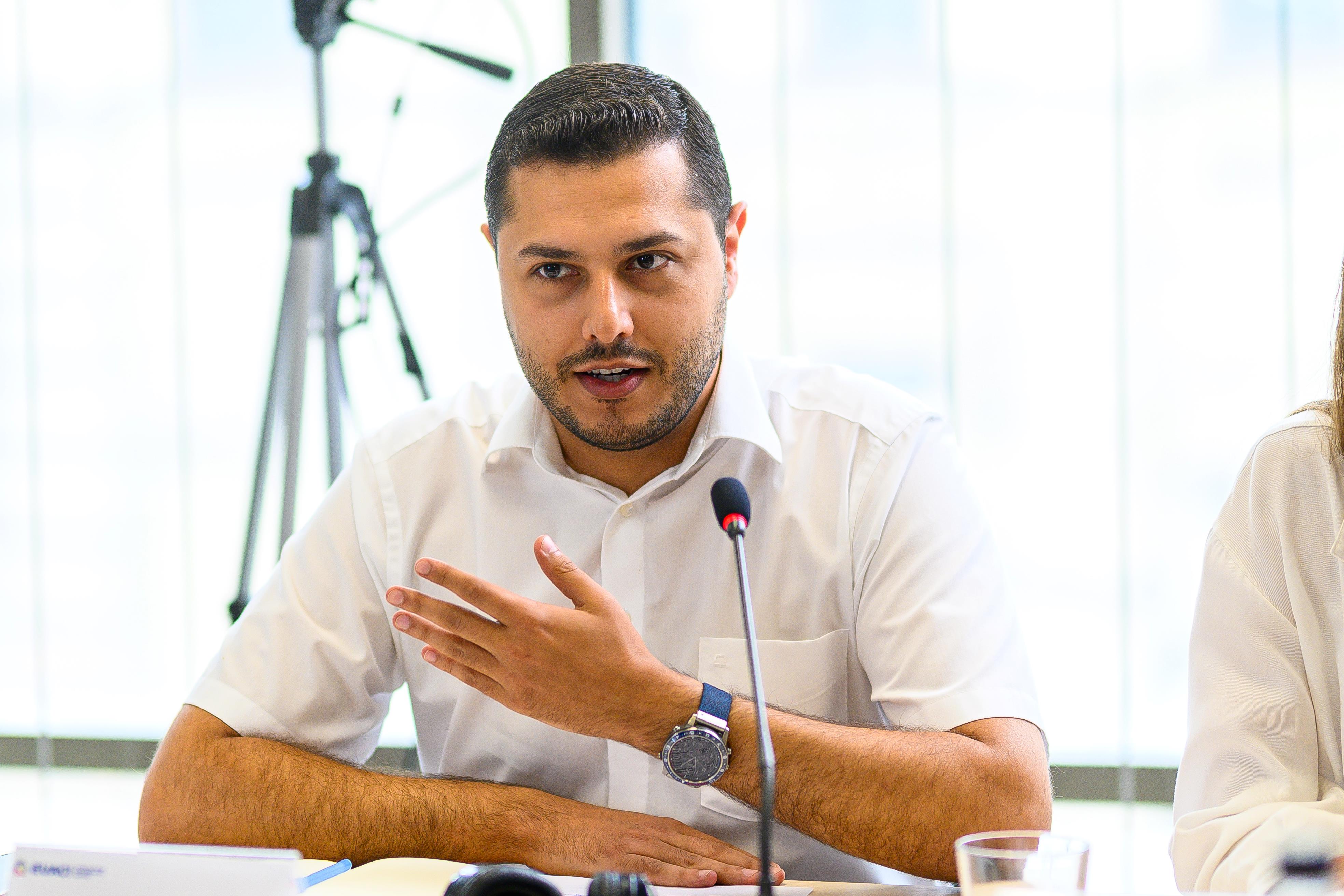
The key aspects of a transparent recovery of the energy sector were discussed in more detail by Farid Safarov, Deputy Minister of energy of Ukraine, Mustafa Nayem (online), Head, Agency for infrastructure reconstruction and development, Viktor Bilko, Deputy Head of State Agency on Energy Efficiency and Energy Saving of Ukraine, Ivan Lakhtionov, Deputy Executive Director for Innovation Projects, TI Ukraine, member of the RISE Ukraine coalition.

The conclusions of the U4 and the DiXi Group papers arrive from different contexts, but each offer valuable insights. These include the issues of coordination of the recovery efforts, ensuring local ownership, creating transparency, finding the balance between relying on donor teams and developing local capacity, and the challenges of creating centralized institutions to manage the recovery.
Paper developed by the U4 Anti-Corruption Resource Centre: https://cutt.ly/FwhGxgwn
Paper developed by the DiXi Group think tank: https://cutt.ly/1whGxnPn
